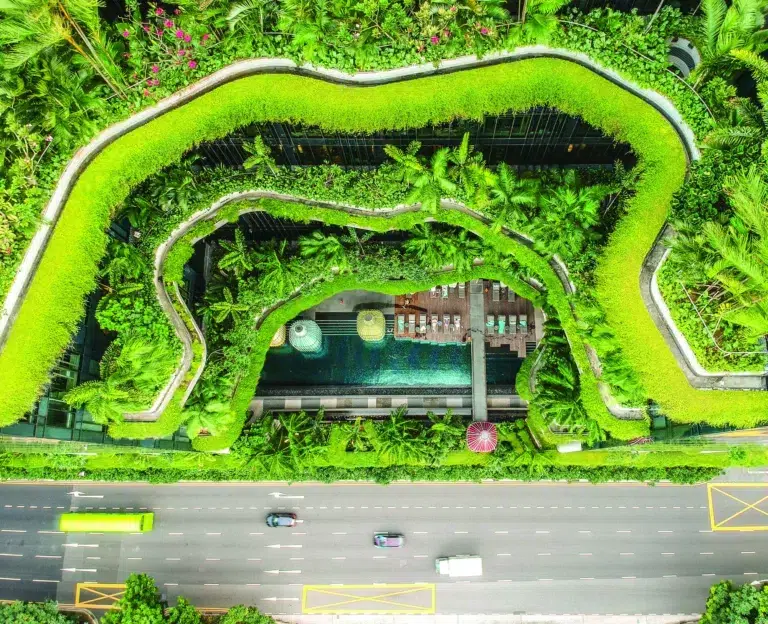News roundup: Australian investors flock to childcare properties, plus more updates

For PropertyGuru’s real estate news roundup, Australian investors choose childcare properties as they are considered more resilient. In other headlines, Z6 Tower is China’s first high-rise office building to achieve “Net Zero Carbon Outstanding” certification, while Malaysia’s increase in diesel prices will affect Singapore tour operators.
Investors flock to childcare assets as early education demand grows in Australia
There has been a string of childcare centre deals nationally this year despite higher interest rate conditions that have dampened investor confidence towards other commercial asset classes.
realcommercial.com.au reports that commercial real estate agents consider childcare properties more resilient than other asset classes due to typically longer leases and the strong demand for childcare services amid a growing population, higher participation rates, and expanded government subsidies.
Z6 Tower, designed by Foster + Partners, becomes the first certified net-zero operational skyscraper in China
Located in the heart of Beijing’s Central Business District, the Z6 Tower, designed by Foster + Partners, has become China’s first high-rise office building to achieve “Net Zero Carbon Outstanding” certification. The project received this recognition by passing the “Net Zero Carbon Building Evaluation System,” which was developed by the British Research Establishment (BRE) and TÜV Rheinland Greater China, based on BREEAM standards.
The project’s environmental engineering was “integrated from the earliest design stages” of the scheme, according to ArchDaily. The Z6 Tower houses the regional headquarters for HSBC. It achieves a 47 percent reduction in operational carbon emissions in comparison to the nation’s baseline due to its unique mechanical systems, smart building controls, energy feedback elevators, and on-site renewables. Designed in collaboration with the Sino Ocean Group, the plan is actually to offset the remaining 53 percent of emissions using off-site renewables after the building’s completion.
Malaysia diesel price hike squeezes Singapore tour operators
With the increase in Malaysia’s diesel prices, coach passengers and tour agency customers travelling across the border can expect prices to increase soon.
On 10th June, the Malaysian government cut most of its diesel subsidies, which it said was costing the country MYR4 billion (USD853 million) annually. Prime Minister Anwar Ibrahim has said the savings will be redirected to lower-income groups.
The retail price of diesel in Peninsular Malaysia has been set at MYR3.35 a litre, an increase of more than 50 percent from the previous subsidised price of MYR2.15 for commercial and private vehicles.
Singapore Cab Booking, which offers transportation services between the two countries, said its bus services will be hit by the diesel price increase.
“We have the Singapore-KL overland transfer. With the 50 percent increase in diesel prices, the price is almost equal to Singapore’s diesel price,” said CEO Farid Khan in CNA, adding that the company also has to pay toll charges.
The Property Report editors wrote this article. For more information, email: [email protected].
Recommended
6 green real estate projects reshaping Asia’s future
Developers are being incentivised to push a green agenda into daring new realms
ARES White Paper Volume 3: The era of adaptive reinvention
Pioneering sustainable and innovative practices in urban development
ARES White Paper Volume 2: Unravelling the power of data revolution in real estate
Insights on proptech, smart cities, and sustainable development
ARES Digital White Paper Volume 1: The fundamentals of responsible building
Green and climate heroes join forces to discuss how Asia Pacific can weather the current environmental crises and the looming effects of climate change






